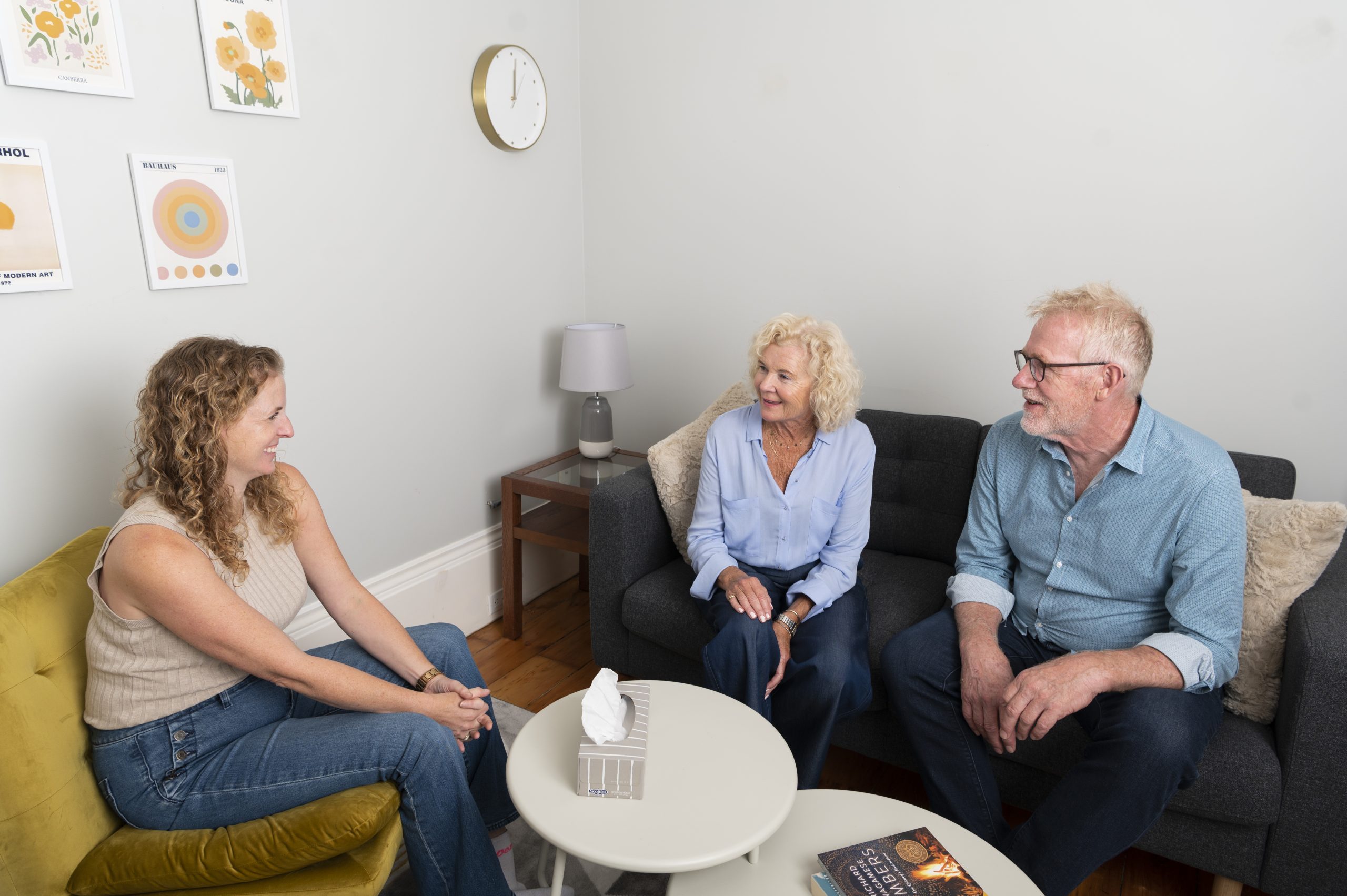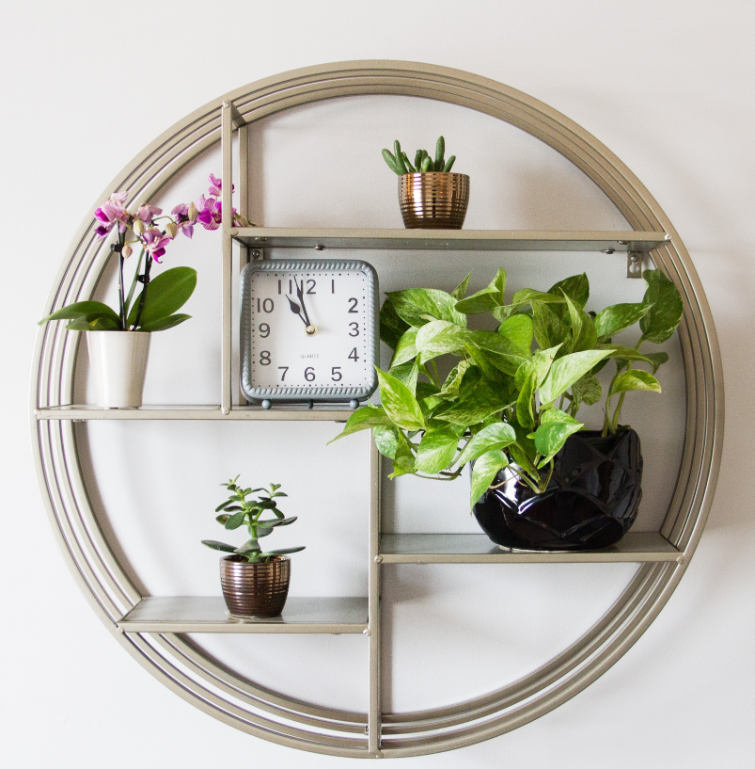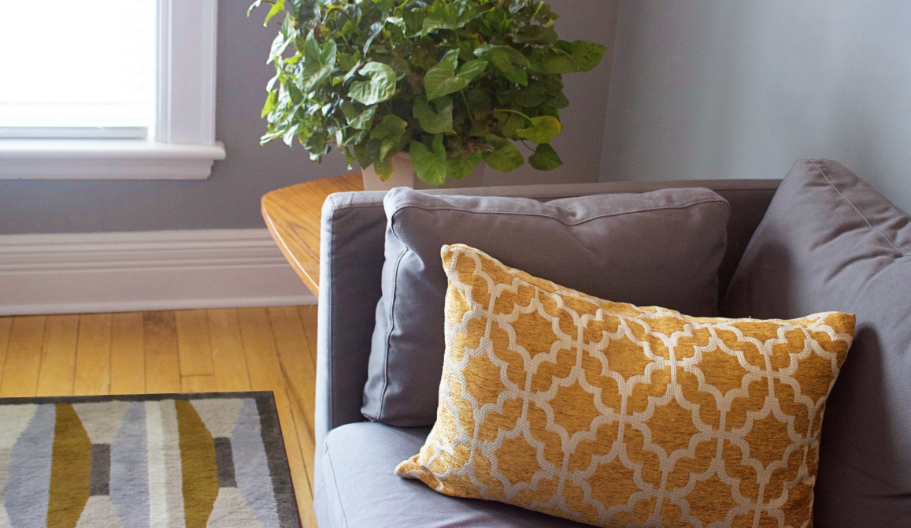
Marriage & Relationship Counselling
Marriage and relationship counselling is for those experiencing conflict, feeling alone and isolated, or caught in a situation where trust has been violated in their relationship with an important other. It is also for those struggling to stay in a relationship or wondering why they can’t seem to make them work.
There are times when it feels like you are growing further apart in your relationship. We all long to feel connected with our partner, but conflict can prompt us to feel very unsafe emotionally. We may also feel alone with our partners, and long to find them again.

Therapy can help couples start to notice patterns of disconnection that prompt conflict or withdrawal. In many relationships, there is a loss of intimacy and hope for connection. Therapy can support the couple in leaning into each other again, creating safety and restoring intimacy.

Who would benefit from couples therapy? Couples therapy is for those beginning a relationship, or those together for some time. Couples therapy is also useful for separation and divorce, especially when there are ongoing co-parenting roles.
Our couples’ therapists use attachment theory in their work. Attachment views human beings as innately relational and wired for intimate bonding with others. Our therapists use Emotionally Focused Therapy to restore the intimate bond and open safer channels of connection. Some couples prefer skill-building frameworks to turn towards each other, restore bonds of affection and admiration and learn to communicate without blaming or defensiveness.
FAQ
Does couples therapy work?
There is strong evidence to support the success of couples, or marital therapy. When a couple commits to working together, with a therapist they trust, there is often a significant shift in hope and positivity. Working hard to notice and change the patterns of disconnection, and reaching for each other in new and open ways, can result in significant change, even for couples who are mired in conflict or feeling really alone in their relationship. Our goal is to change negative relational patterns and support couples in making an enduring transformation in the way they relate to each other.
What if I am in a relationship and my partner won’t join me?
Working with both people in the dyad is the most effective way of changing patterns of interaction, but not always possible. There is, however, much to be learned and understood when one person from the couple wants to work through their role, or their experience, in the relationship distress. Sometimes this can open a pathway into couples’ therapy.
Can therapy be useful for couples who are separating and divorcing?
Working with a therapist can help people safely manage the very intense emotions that accompany this process. Noticing the patterns of interaction, defining raw spots and painful vulnerability can equip couples with the means to stay focused on the change in their family. For couples with children, with an ongoing commitment to co-parenting, therapy can open up opportunities to explore positive communication and help them to avoid the harmful cycles of emotional activation with each other.
Why do I keep ending up with partners that don’t work for me?
Examining attachment history, experiences of developmental trauma or loss and beginning to understand a person’s needs in relationships, can be a very positive experience and open up space for growth and change. A positive relationship with a therapist can feel very trusting and secure, so they are ideally situated to help you explore your relationship tendencies with curiosity and compassion.
How to become a client
To send a confidential message, please fill out our contact form or email us directly at info@turningpt.ca. Our administrative support team will contact you within one business day. Once we have assessed what your needs are we will connect you with a therapist that, we believe, is aligned with what you are looking for.